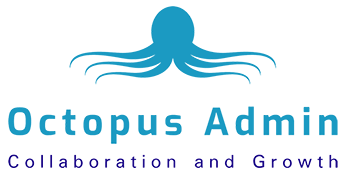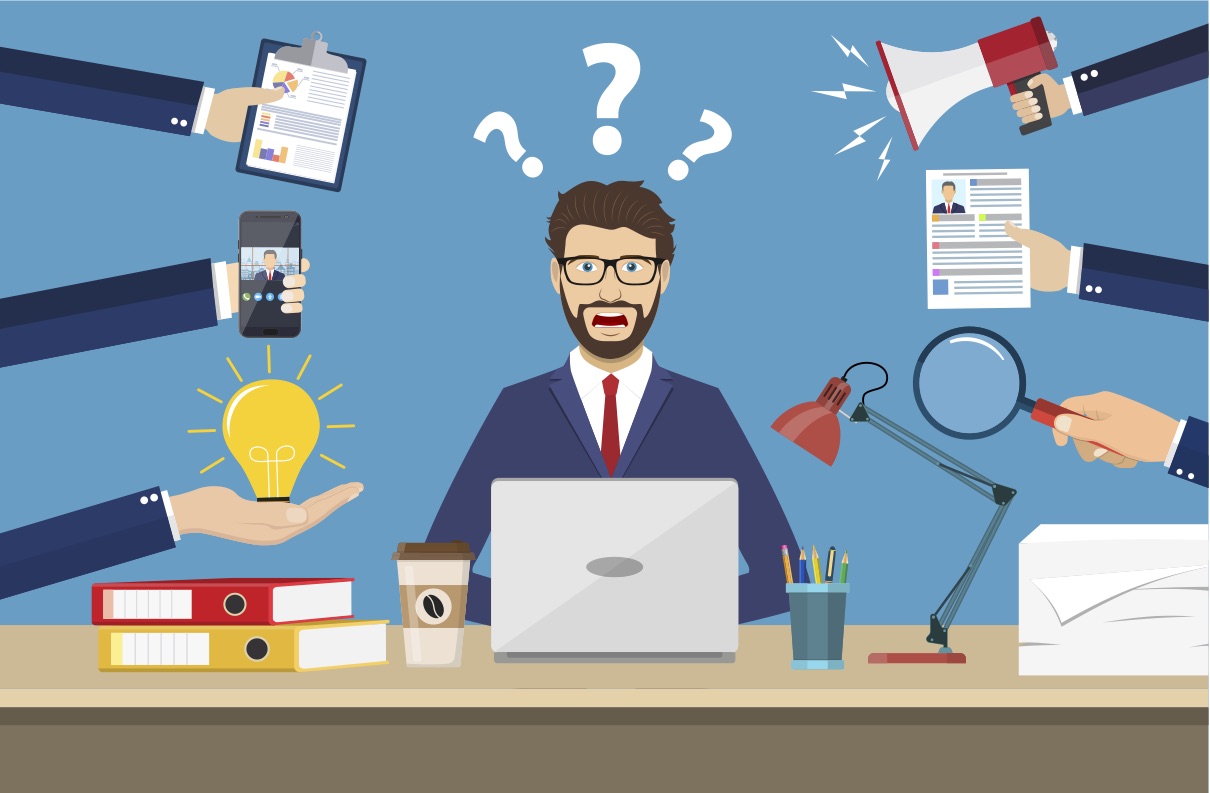While ‘multitasking’ might make us feel busy, the reality is we are likely more distracted, less productive, and more stressed.
In previous articles, I’ve discussed managing interruptions and task management – key strategies for any busy business owner to avoid the evils of ‘multitasking’. Without these daily rituals, the human brain is pulled in all directions.
To preserve your sanity – and to get more work done, with more enjoyment – it’s time to ditch multitasking.
Multitasking reduces your performance
It has been proven time and again that multitasking doesn’t work. It spreads you too thin, so you can’t do any one thing well.
It’s like opening multiple tabs or windows on your computer, and not finishing one before moving onto another – soon enough, you have dozens of tabs open. The result? Your computer slows down.
Not only that, but also the tabs become smaller and smaller, meaning you can’t differentiate between the tabs you need as you drag them back and forth to try to create some sort of organised chaos.
And in the process of looking for what you need, you forget what it was you were looking for in the first place.
Likewise, if you spread yourself too thin, you can’t function optimally. Multitasking not only slows your overall progress down, but you’re also more likely to make mistakes, which can mean doing tasks all over again, creating extra stress and overwhelm.
Our brains work best one task at a time
In her article for Dispatch Weekly, Tanya Geddes says you can lose 40 per cent of your productivity while multitasking. This is backed up by a raft of research and articles that even suggest multitasking negatively impacts your brain and even reduces your IQ.
Our brains are not designed to undertake more than one complex task at a time.
Multitasking is in fact only task-switching
What we commonly think of as multitasking can actually be thought of and referred to as task-switching.
Switching between tasks frequently also leads to a phenomenon referred to as the switching cost – the period of time that elapses before you become fully engaged again in the task you were working on when you got distracted. The “resumption lag” mentioned above.
In short, attempting tasks simultaneously or task-switching leads to more mistakes and reduced productivity. So focus on one task at a time, and don’t let yourself be distracted until you complete it and are ready to absorb yourself in the next task.

